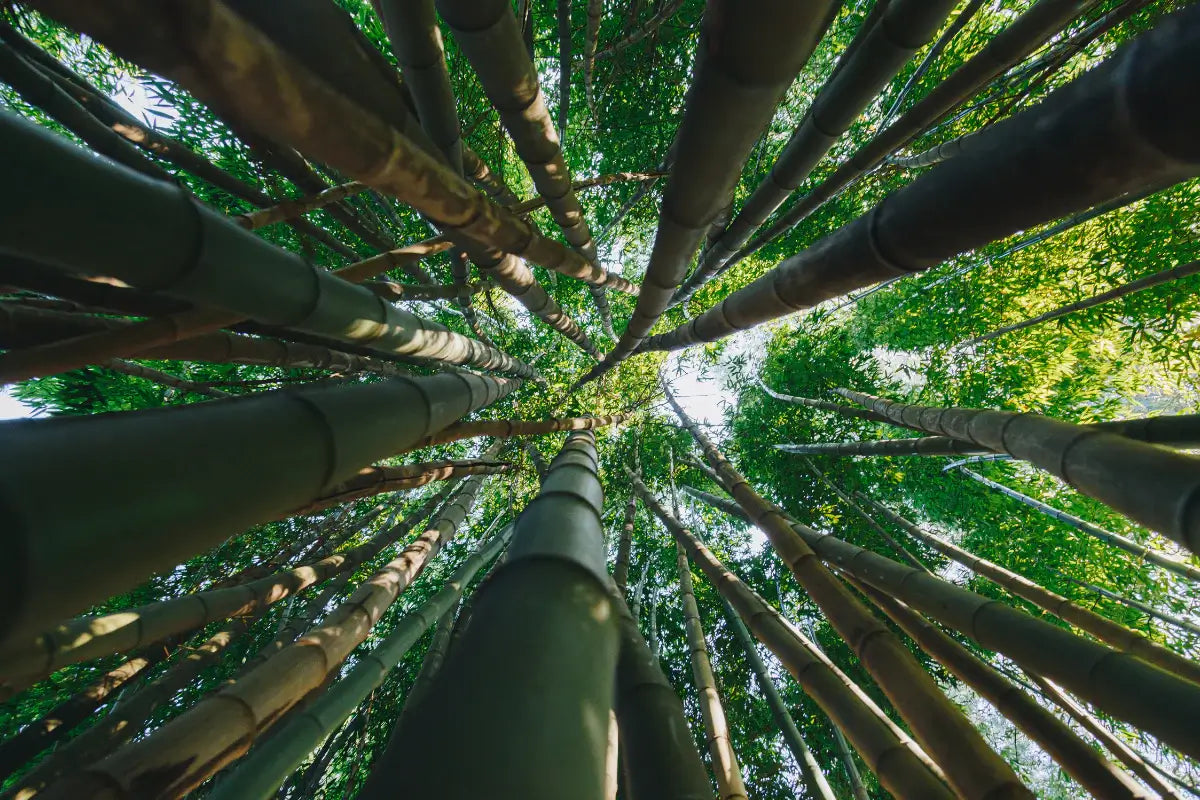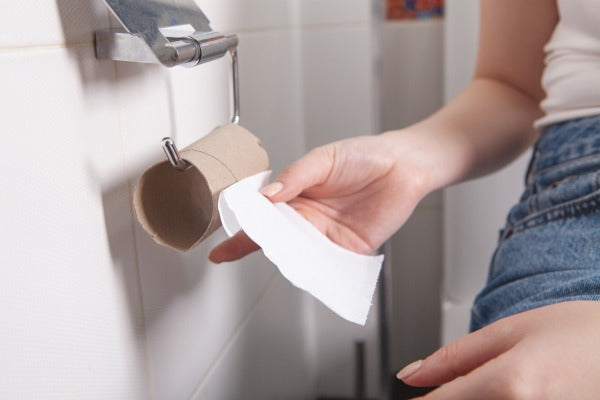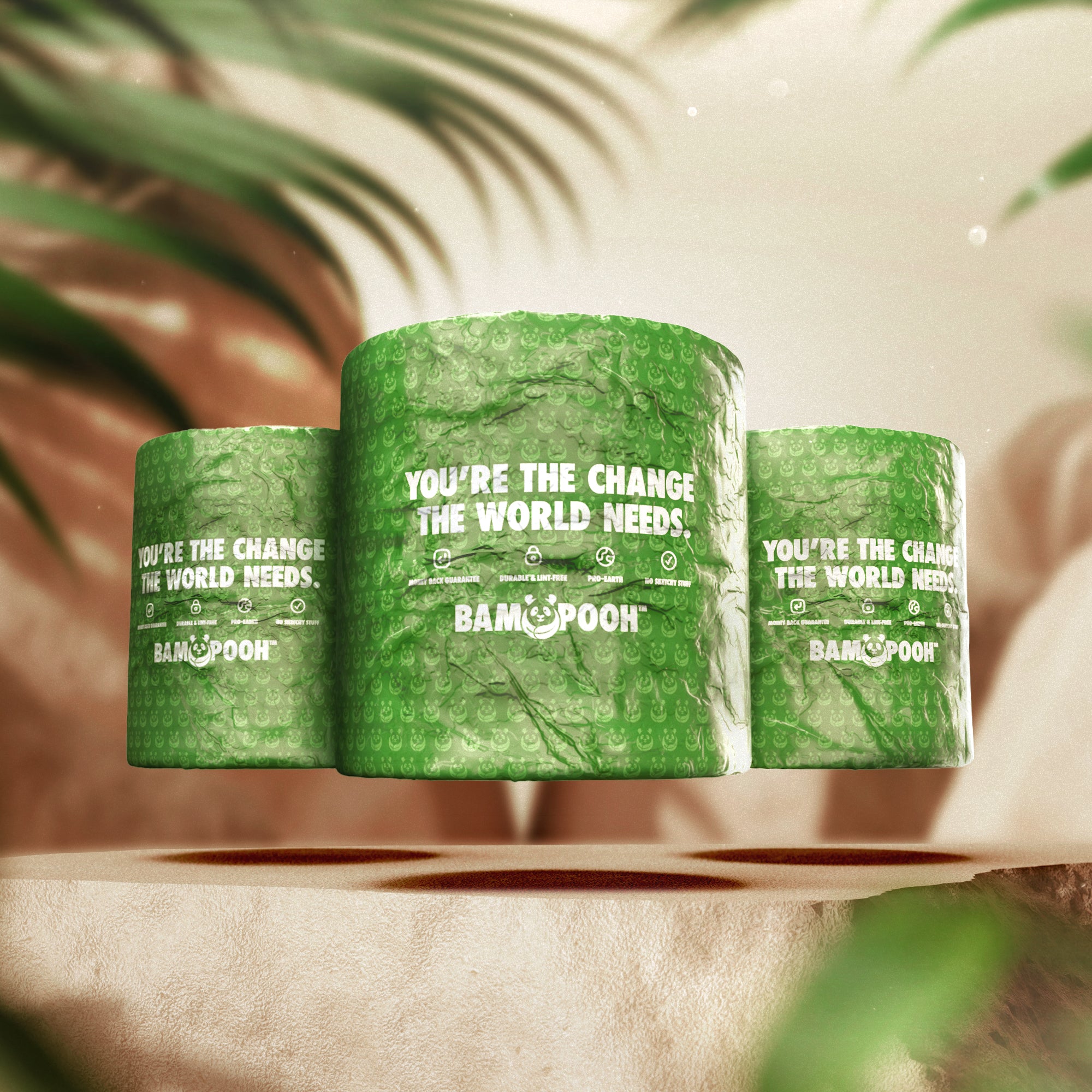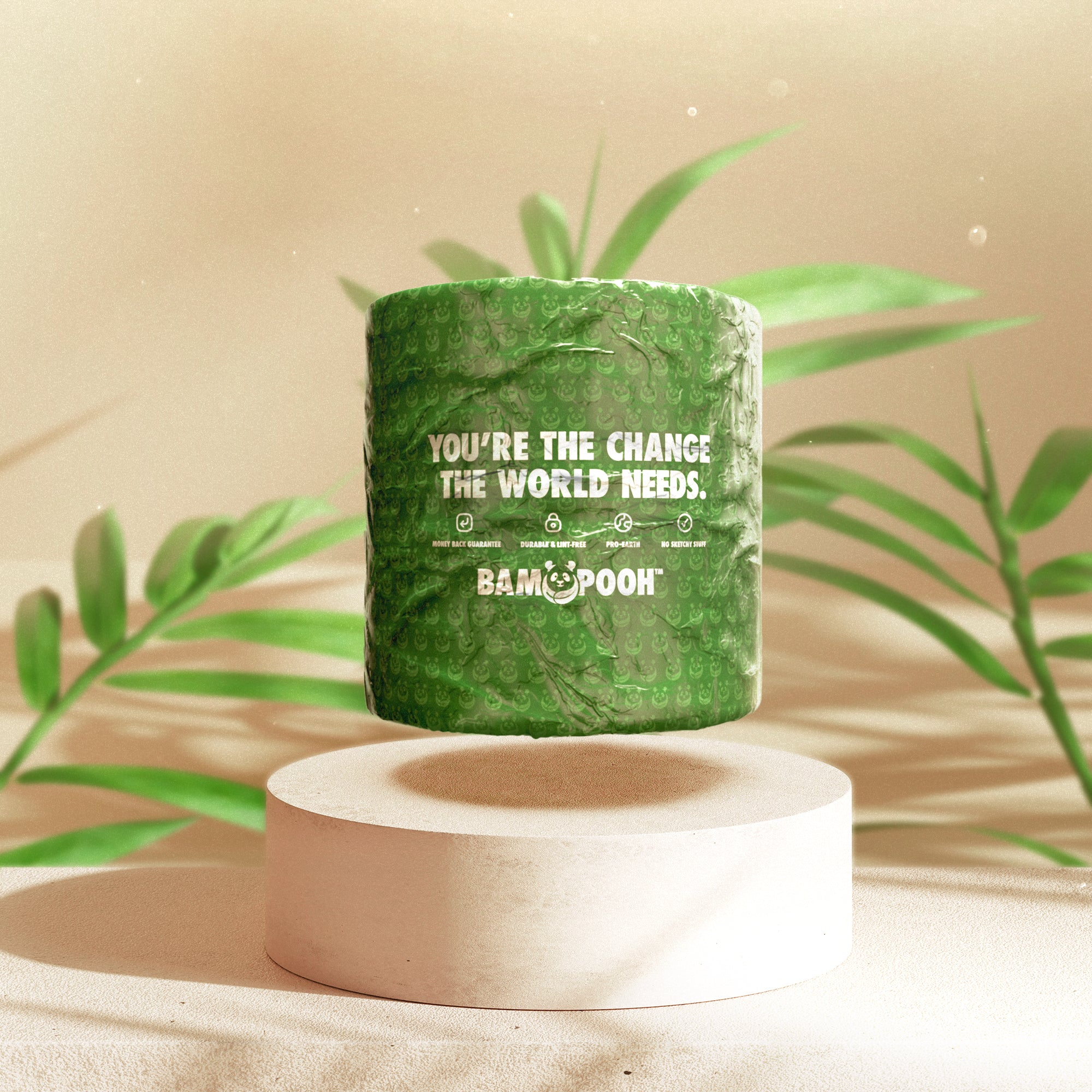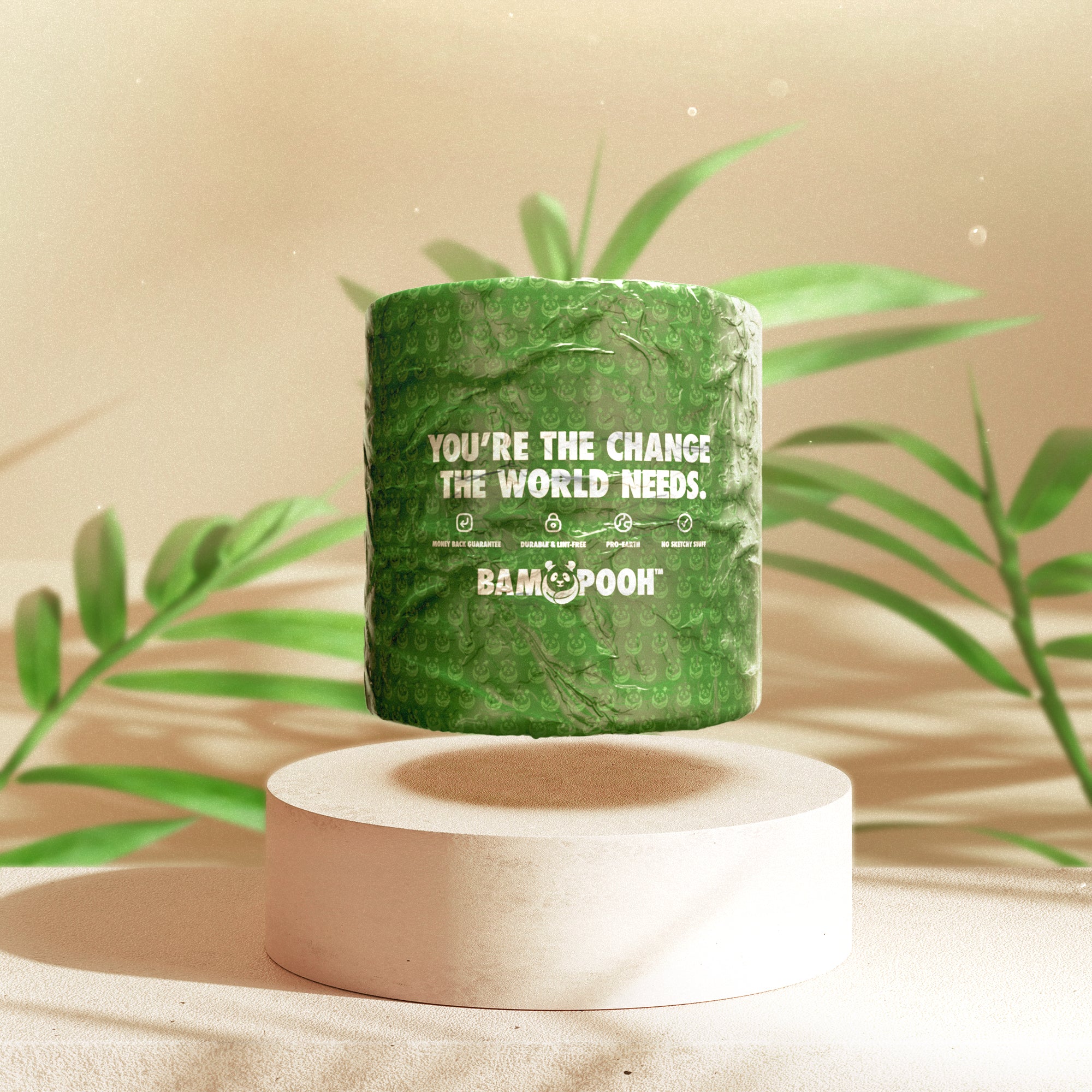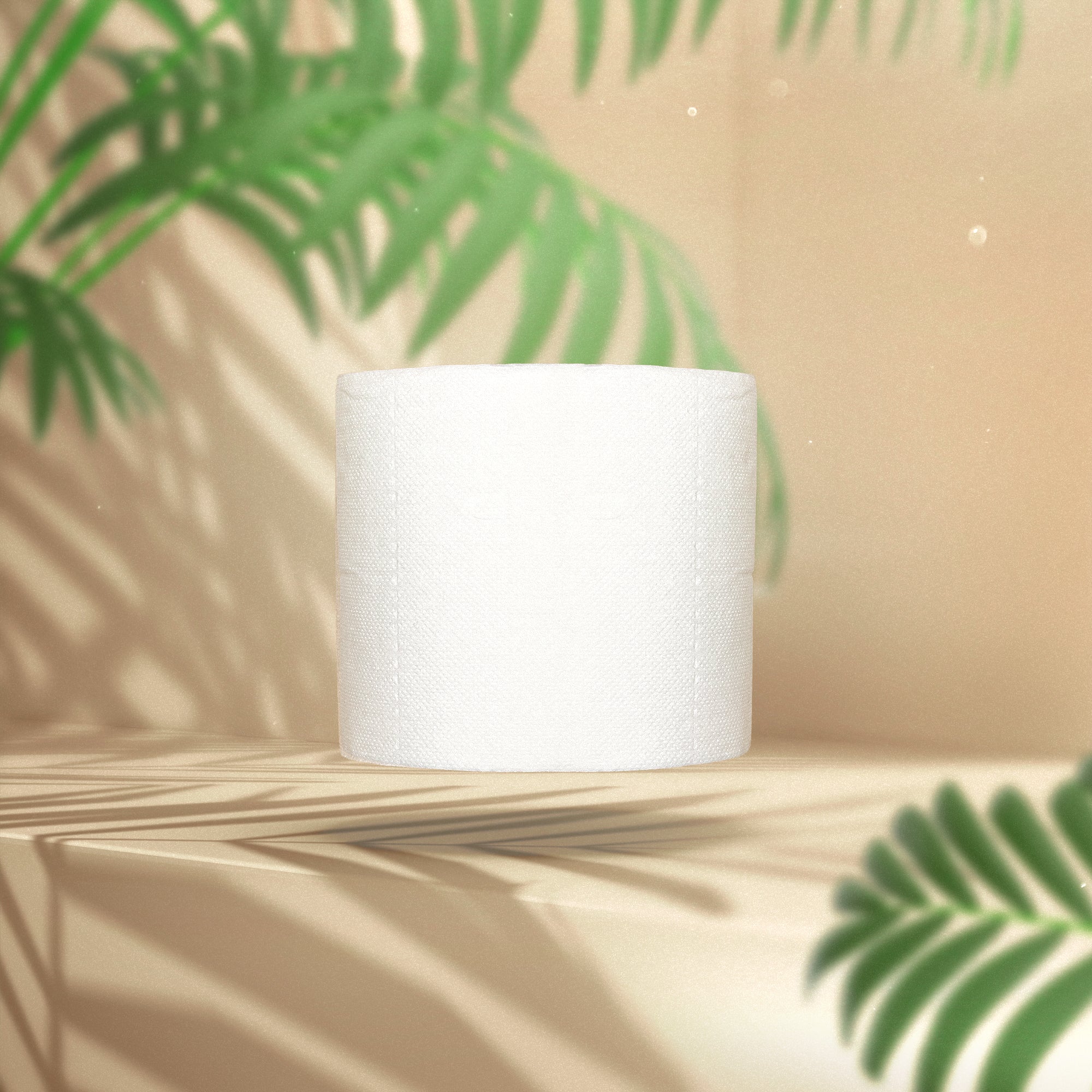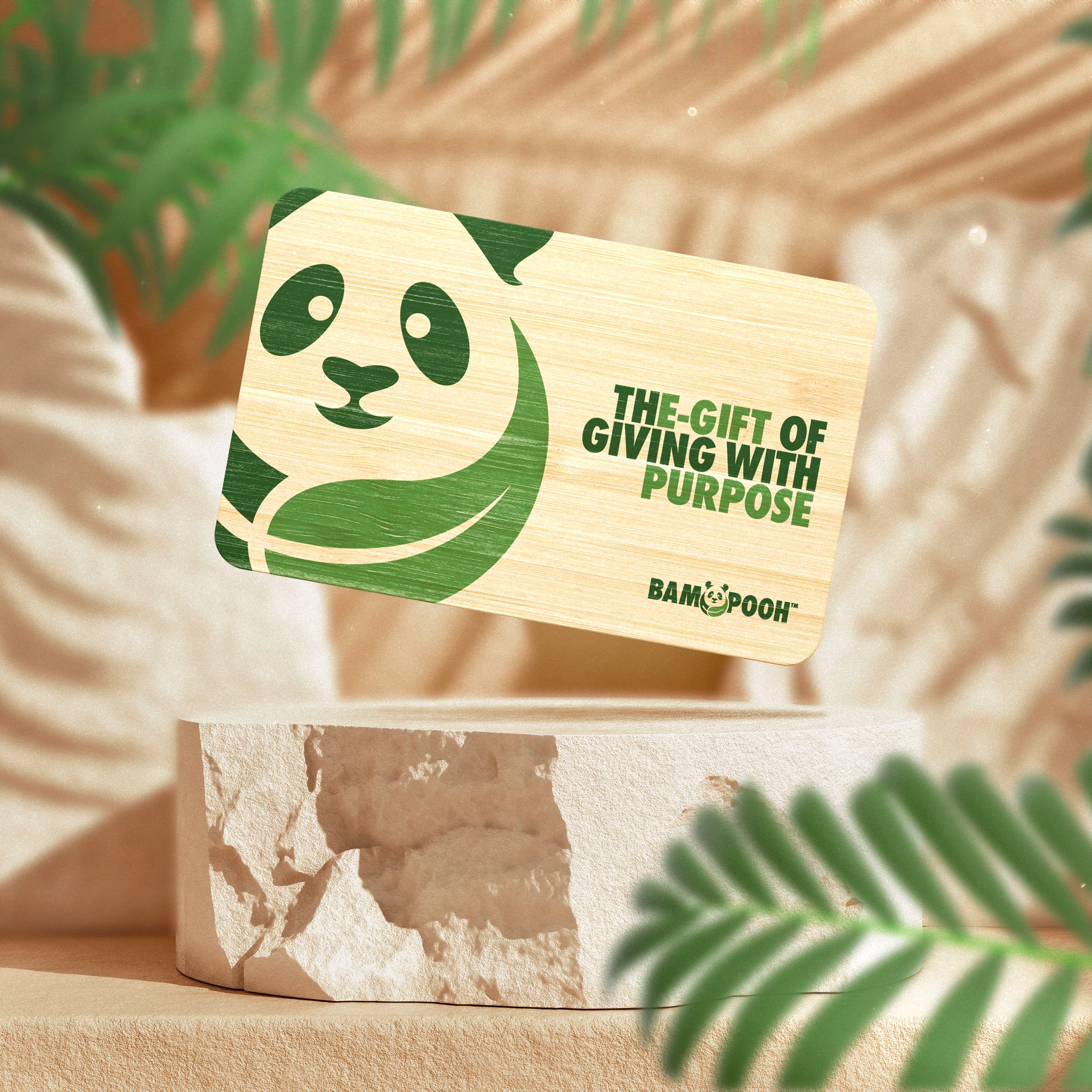In our daily lives, we use a plethora of products without much thought about their environmental footprint. One such product is toilet paper, an essential commodity in every household. But have you ever paused to consider its impact on our planet? Given the growing concerns about deforestation and climate change, more sustainable alternatives, such as bamboo toilet paper, have come into focus. But is bamboo toilet paper truly better? Let's dive into the details.
Traditional Toilet Paper & the Environment
The traditional method of making toilet paper involves the use of trees, primarily softwood trees like pine and fir. The process is resource-intensive, requiring a significant amount of water and energy. Moreover, it contributes to deforestation, a major environmental concern.
It's estimated that 27,000 trees are cut down each day to meet the global demand for toilet paper. This rate of deforestation results in loss of habitat, disruption of biodiversity, and an increase in carbon dioxide levels due to fewer trees being available to absorb it.
The environmental impact of traditional toilet paper doesn't stop at its production. Once used, it contributes to sewage and landfill waste. Although toilet paper is biodegradable, its decomposition process in a landfill can produce methane, a potent greenhouse gas.
What is Bamboo Toilet Paper?
Let's shift our focus to bamboo toilet paper. Simply put, it's a type of toilet paper made from bamboo, a type of grass, as opposed to traditional wood pulp. At first glance, you might not notice much difference — after all, both versions serve the same purpose. But delve a little deeper, and you'll find that bamboo toilet paper is a game-changer in terms of environmental impact.
Bamboo as a Sustainable Resource
Bamboo is a grass, not a tree, and this distinction is what makes it a remarkably sustainable resource. It's one of the fastest-growing plants in the world. Some species of bamboo can grow up to a meter per day! This rapid growth rate allows for frequent harvesting without the need for replanting.
Moreover, unlike trees, which can take several decades to reach maturity, bamboo matures within three to five years. This short growth cycle means it can be harvested much more frequently, providing a steady supply of raw material for products like toilet paper.
Bamboo is also an incredible CO2 sponge. It absorbs carbon dioxide and releases 35% more oxygen than an equivalent stand of trees, making it a critical ally in our fight against climate change. And unlike traditional tree-based toilet paper production, bamboo can be cultivated and harvested without the use of pesticides or fertilizers, further minimizing its environmental impact.
Bampooh's Commitment to Sustainable Practices
Bampooh recognizes the environmental benefits of bamboo and has incorporated this remarkable plant into its production process. Bampooh's bamboo toilet paper is created from sustainably sourced bamboo, promoting eco-friendly practices from the initial stages of production.
Every aspect of Bampooh's bamboo toilet paper, from the harvesting of the bamboo to the final product's packaging, has been carefully designed to minimize environmental impact. The result is a product that not only provides the comfort and functionality you expect from your toilet paper but also aligns with your commitment to sustainability.
Comparative Analysis: Bamboo Toilet Paper vs. Traditional Toilet Paper
To truly understand why bamboo toilet paper is better, we need to directly compare it with traditional toilet paper.
Production Process: As we've mentioned, traditional toilet paper is made from trees, which can take decades to grow to a harvestable size. On the other hand, bamboo matures in just three to five years. This significant difference in growth rates means that bamboo can be harvested far more frequently, without depleting the resource or causing extensive environmental damage.
Carbon Footprint: When it comes to carbon dioxide absorption, bamboo outshines trees, absorbing much more CO2 and releasing 35% more oxygen. Thus, the cultivation of bamboo can help offset the greenhouse gas emissions associated with toilet paper production.
Deforestation: Traditional toilet paper production contributes significantly to deforestation, a leading cause of biodiversity loss and climate change. On the other hand, the use of bamboo doesn't lead to deforestation because it regrows after harvest and even spreads to regenerate damaged forests.
Waste: Both types of toilet paper are biodegradable, but with the growing popularity of bamboo toilet paper, we can expect to see a reduction in the amount of waste going to landfill sites due to the lesser quantity needed for the same task.
Conclusion
Through this comparison, it's clear that bamboo toilet paper, particularly Bampooh's bamboo toilet paper, has distinct environmental advantages over traditional toilet paper. From its rapid growth rate to its superior carbon dioxide absorption capabilities, bamboo stands out as a truly sustainable resource.
When you choose bamboo toilet paper, you're not only making a decision that benefits you and your family, but you're also making a choice that significantly benefits our planet. With each roll of bamboo toilet paper, you're contributing to a healthier, more sustainable world.
Remember, small choices can lead to big changes. Next time you reach for a roll of toilet paper, consider the impact of your decision. By choosing bamboo toilet paper, you're saying yes to a more sustainable future. And that's a choice worth making.


